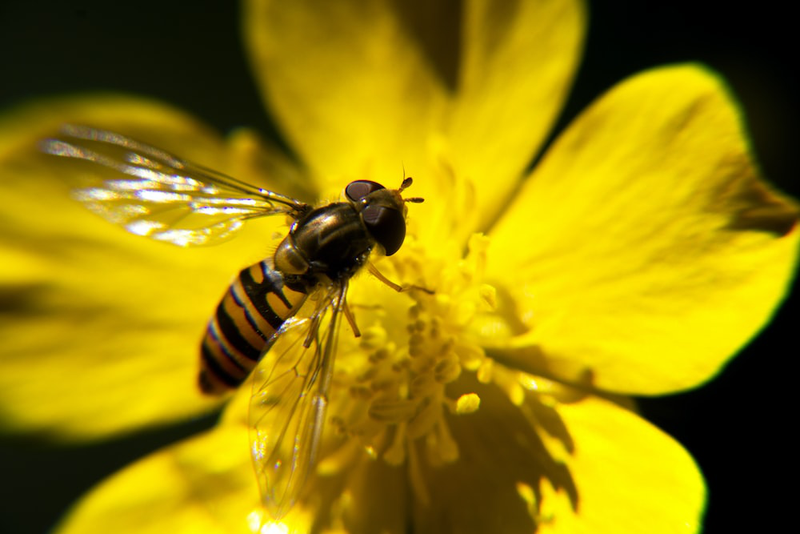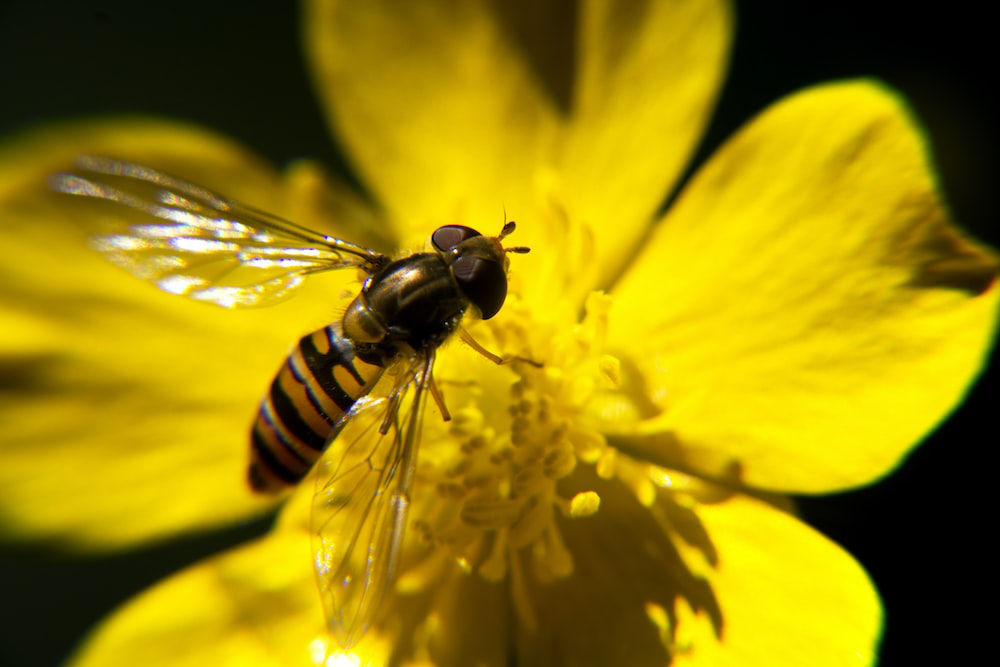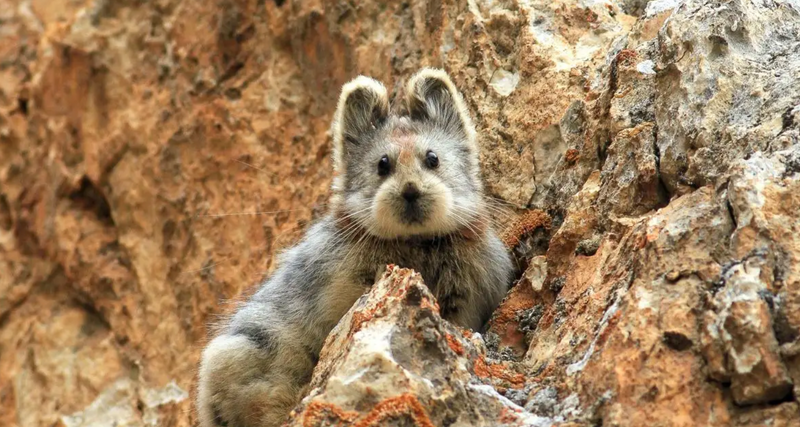
From habitat loss due to overdevelopment and climate change to the introduction of invasive species, biodiversity faces multifaceted challenges caused by our actions and, in some cases, our continued inaction.
Along with featuring the extinct animals modern history left behind through our clothing line, share the importance of bio diversity with others. One of the most tangible risks associated with species extinction is the loss of species that account for current and future medical advances.
Medicinal Resources and Human Health
One notable example is the antibiotic Vancomycin, derived from soil bacteria found in a Costa Rican rainforest. This drug has been instrumental in treating various bacterial infections, showcasing only a fraction of the medicinal bounty that is down to biodiversity alone.
Diverse ecosystems provide invaluable pharmacopeia. Plants, animals, and fungi are a part of this well-organized but delicate system. They offer medicinal resources and raw materials crucial for human health.
For example, the venom of Conus magus, or the cone snail, has inspired the development of Ziconotide, a powerful painkiller that has proven effective in managing chronic pain. Our planet’s biodiversity sources a diverse range of bioactive compounds and continues to be a source of inspiration for pharmaceutical breakthroughs.
Nutritional Security and Biodiversity
Nature's buffet includes both flora and fauna. Whether or not they are fit for human consumption, these plants and animals directly or indirectly ensure nutritional security for humankind.
Take the Pacific yew tree. Found in old-growth forests, it has yielded Taxol, a chemotherapy drug vital in treating various cancers. As biodiversity diminishes, so does our potential to discover new sources of nutrition and medicine, which impacts the health of present and future generations of every species in the animal kingdom.

Pollination and Agricultural Productivity
Biodiversity loss reverberates through our fields, impacting pollinators like bees and butterflies crucial for agriculture.
Pollinator decline is driven by habitat loss and directly leads to a loss in agricultural productivity. The importance of pollinators is highlighted by the contribution of honeybees to the production of honey, a natural sweetener with potential health benefits.
Such is the profound impact of seemingly small choices in this interconnected system we are all a part of. This update serves as a call to action, urging readers to reflect on how our choices, even in fashion, can contribute to the preservation of endangered species that are pivotal to Earth’s biodiversity.
With a unique blend of extinct animal clothing online, including hoodies, T-shirts, sweatshirts, and totes featuring iconic species like the Pyrenean Ibex and the Tasmanian Tiger, Speciologie offers a way to express your unique style while supporting the survival of animal species and the preservation of Earth's intricate ecosystems.
We highlight some of the modern history human impacts that have led to the extinction of these animals—we also provide a course of action. By purchasing a Quagga hoodie (for instance), you would be contributing to the IUCN Save Our Species fund.
Get in touch to learn more about this organization and our mission.






0 comments